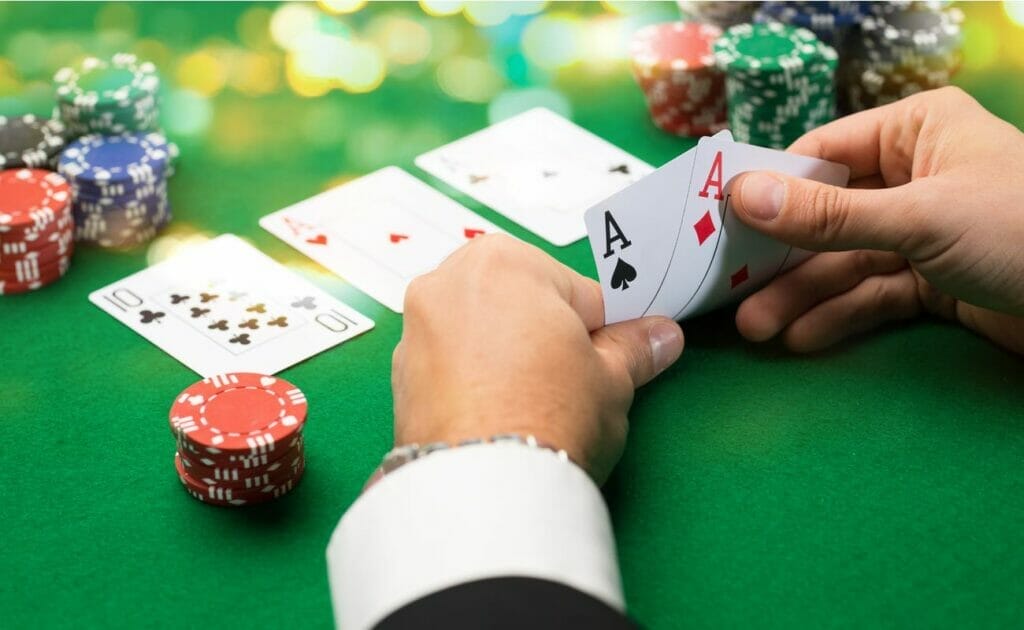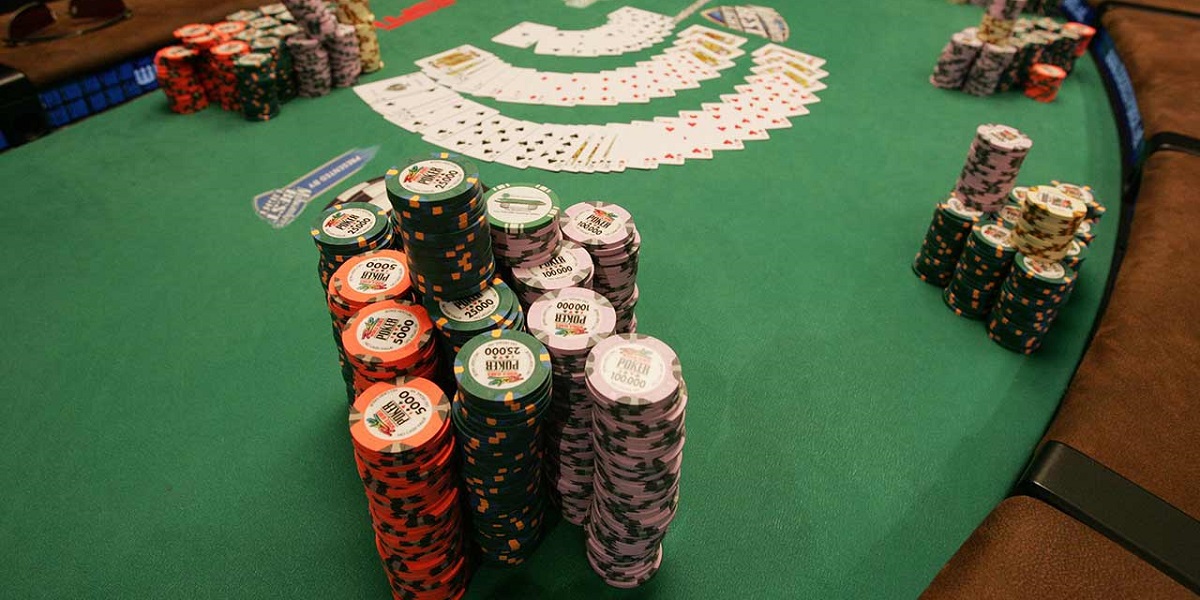Negotiation is a skill that can be honed and perfected through practice, just like playing cards. In fact, lessons learned from the casino table can provide invaluable insight into how to become an expert negotiator.
Whether you are negotiating for business deals or setting up contracts in your personal life, the strategies used at the tables could help ensure that both parties come away with a favorable outcome. By studying methods used by card players on their way to victory at the casino table, one can gain insight into how to approach any negotiation situation.
With knowledge of these tactics and strategies combined with experience and practice, anyone can master The Art of Negotiation Lessons from the Casino Table.
Understanding the Power of Leverage

Negotiating at the casino table requires a keen understanding of leverage and how to use it to your advantage. Leverage is a powerful tool that can be used in many ways when playing games such as poker, blackjack, and roulette.
It allows players to increase their chances of winning by taking calculated risks or making smart decisions on behalf of others. For example, if a player holds two cards with equal value but one has slightly higher odds of winning than the other, they may choose to raise their stake in order to increase their potential reward should they win.
At the same time, leverage also needs to be managed carefully in order to avoid over-exerting control over negotiations or making hasty decisions that could lead to losses instead of gains. Knowing when and how much leverage you have available is an essential skill for successful casino negotiation.
It’s important for players not only understand what type of edge they can gain from using leverage but also recognize when it might not be worth risking more money than necessary in pursuit of bigger rewards. By learning about this powerful concept and putting it into practice during game play, gamblers will improve their overall success rate at the tables while minimizing losses due to bad decision making or excessive risk-taking.
Analyzing Opponents and Knowing When to Fold

At the casino table, understanding when to fold and analyzing opponents are essential skills for any successful negotiator. Knowing how to read opponents is key in order to maximizing your chances of success and limit losses.
Whether it’s through studying their betting behavior or reading body language, savvy negotiators will take every opportunity to gain an edge over their opponents. A good gambler needs to be able to recognize patterns in their opponent’s play that signal potential bluffing or other strategies that could give them an advantage.
This includes being able to interpret facial expressions, posture and mannerisms which can reveal clues about what kind of hand they have or what strategy they may be employing at the table. Additionally, knowing when it’s time to walk away from a bad deal is just as important as recognizing promising ones; recognizing signs such as increased aggressiveness in bidding or irrational investments are some things one should watch out for when playing at the negotiation table.
The art of negotiation requires both knowledge and finesse; by learning how analyze opponents while also knowing when it’s time fold up your cards you can become a master negotiator who never loses sight of victory on the horizon!
Developing Strategies for Obtaining Desired Results

Negotiating is an essential skill for success in both business and personal life. In the casino, it’s all about knowing when to negotiate and how to do it effectively.
Developing strategies for obtaining desired results at the casino can be intimidating but with a few tips from experienced players, you can learn the art of negotiation quickly and confidently. First, one must understand their own needs and objectives before attempting any kind of negotiation.
This will help create clear boundaries which will make negotiations easier while also helping to prevent costly mistakes due to lack of clarity or miscommunication. Additionally, understanding your opponent’s objectives is crucial in finding compromise solutions that satisfy everyone involved.
Second, preparation is key – especially when negotiating with someone who knows more than you do! Research the game being played as much as possible so that you have a good grasp on the rules and regulations; this knowledge may come in handy during negotiations if needed! Also consider potential counter-arguments or contingencies that could arise during negotiations – having these prepared ahead of time can help ensure smooth discussions throughout the process.
Conclusion

Negotiation is a skill that can be applied to many aspects of life, but the lessons learned in the casino are especially valuable. From understanding card counting to learning when and how to increase your bid, negotiating at a casino table requires strategy and discipline.
With practice and patience, anyone can master the art of negotiation at a casino table while still maintaining their privecity. By understanding game dynamics and recognizing when you have an advantage, players can gain insight into successful strategies they may not have known before.
While it may take some time to become an expert negotiator, with dedication and perseverance it is possible for anyone who puts in the effort to develop this important skill set.







